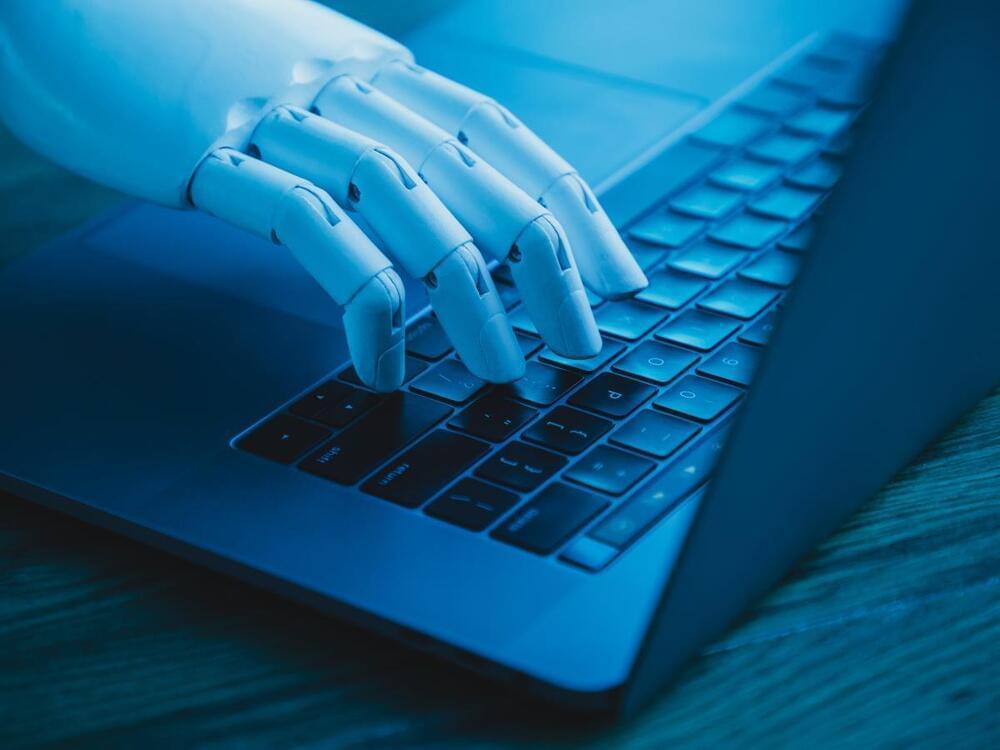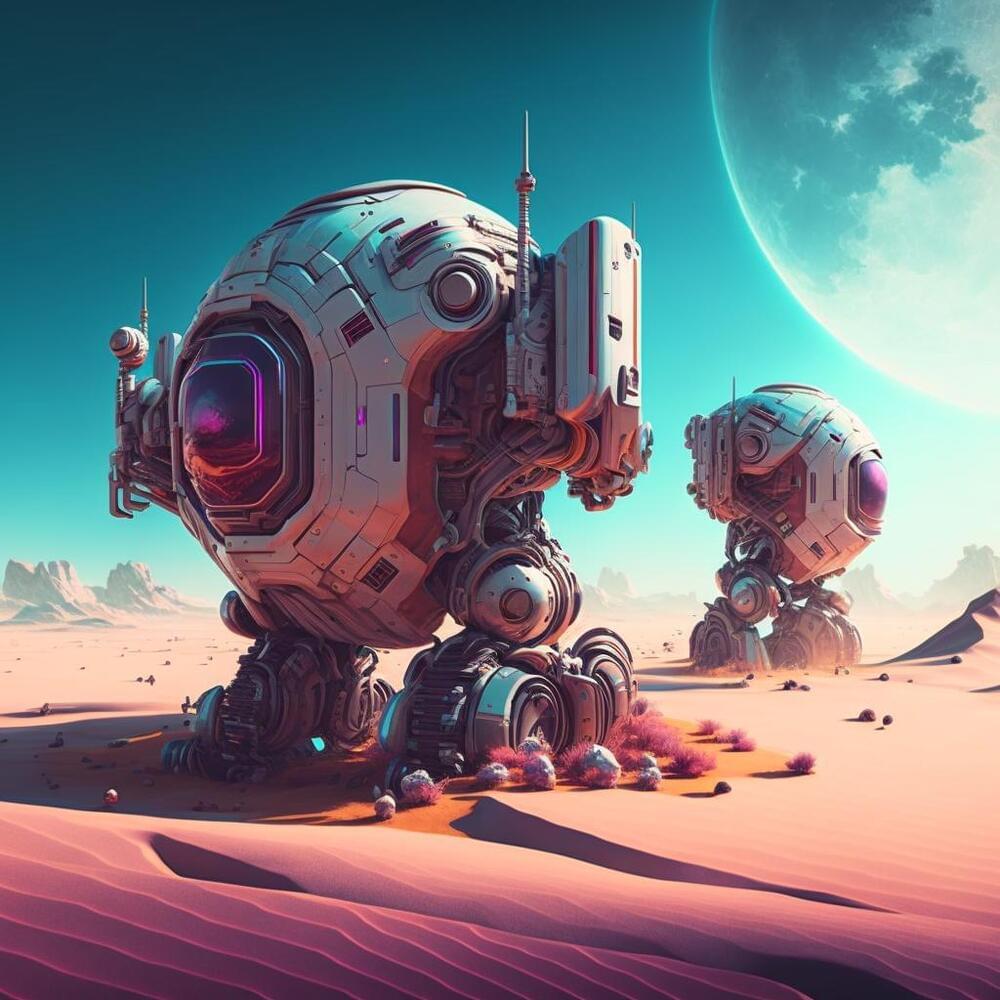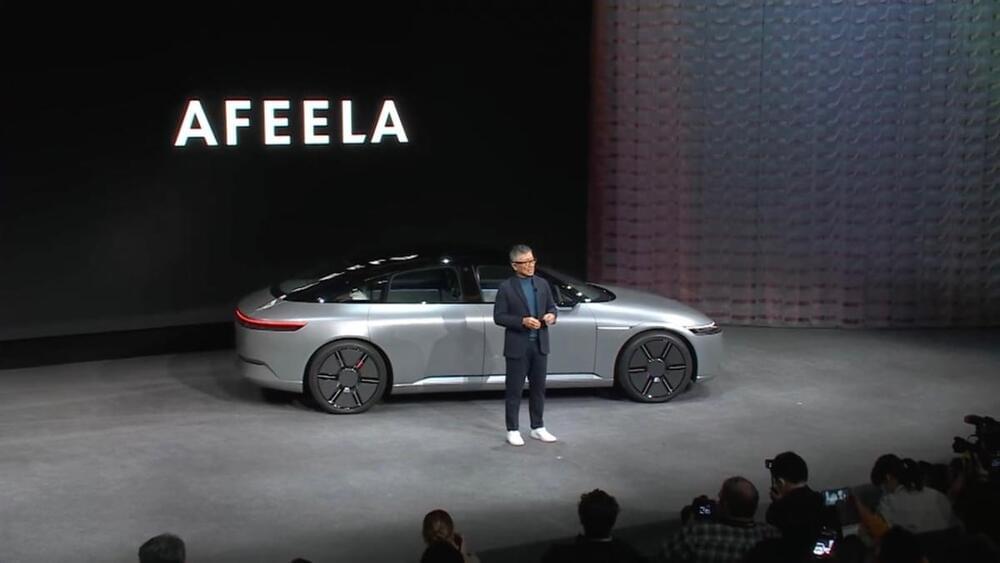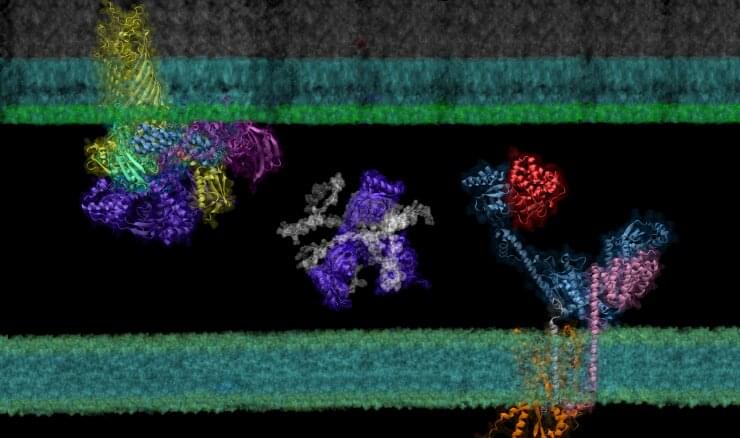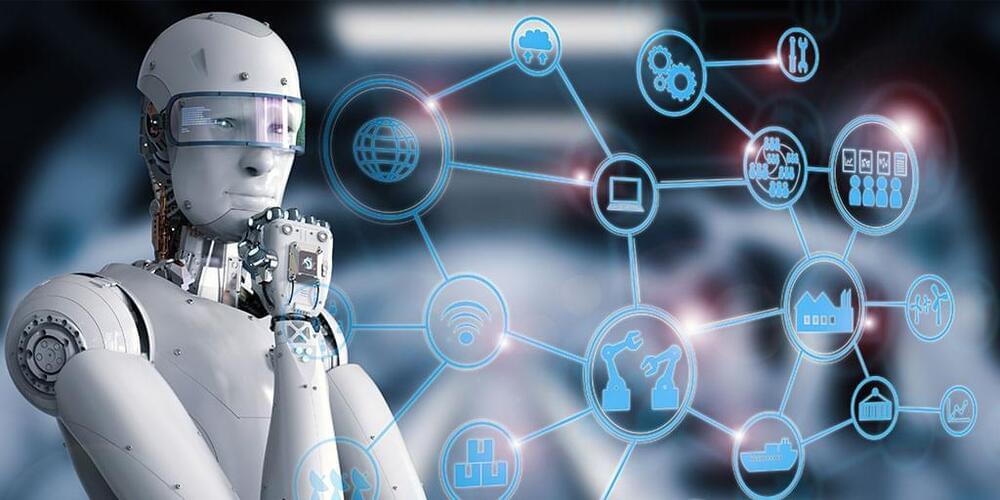Breakthroughs in robotic manipulation will enable a new wave of applications for robots in commercial, industrial and home applications.
NVIDIA’s Isaac Sim and Gym tools allow robots to be trained entirely in simulation before their AI brains are transferred into real robots. Our video shows the results of this sim-to-real transfer.
This result has been made possible by simulating thousands of robots in parallel using NVIDIA GPUs, and by generating millions of training images using our Omniverse Replicator tools.
https://developer.nvidia.com/isaac-sim.
https://developer.nvidia.com/nvidia-omniverse-platform/replicator.
https://www.youtube.com/c/NVIDIAOmniverse
